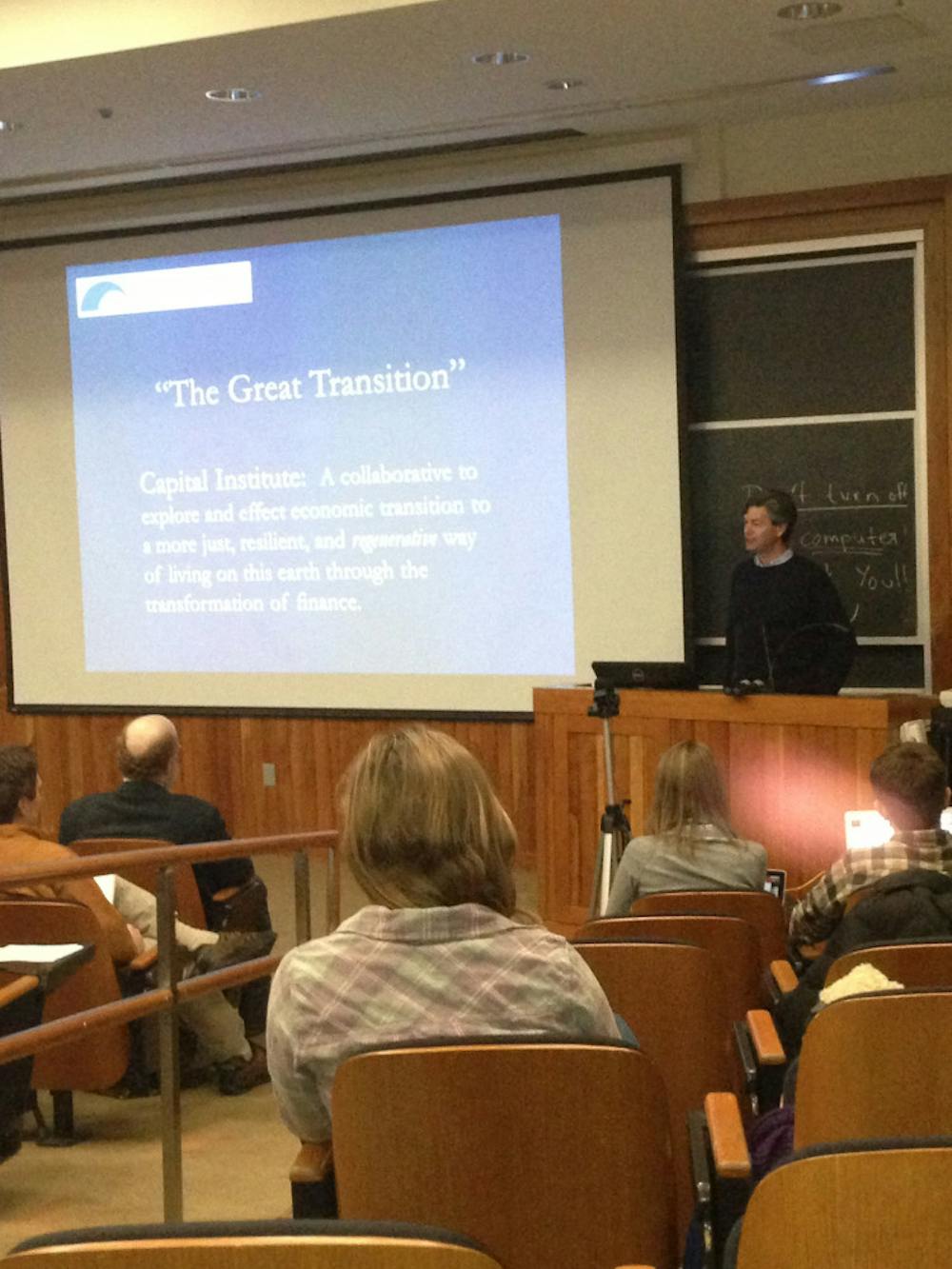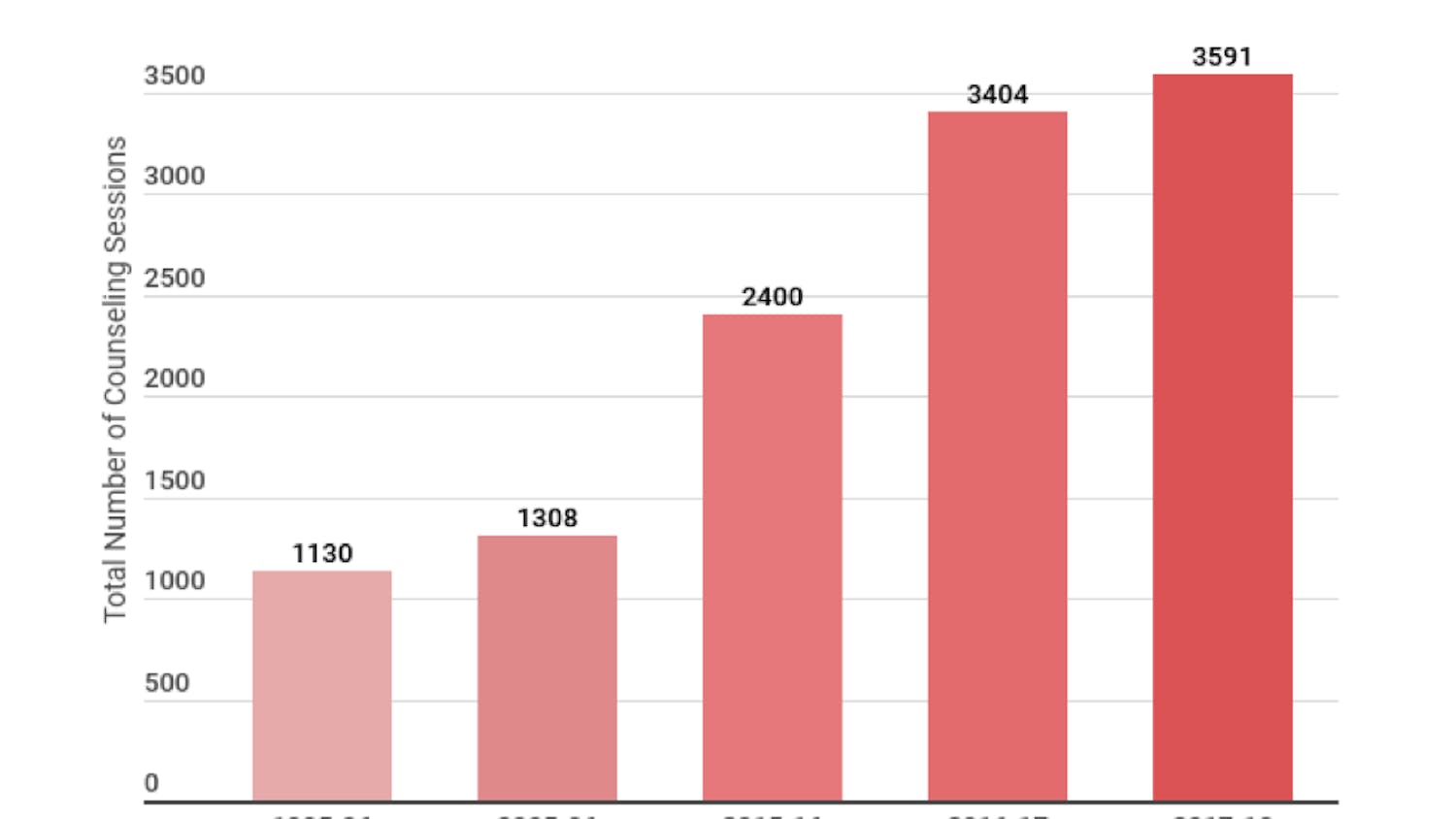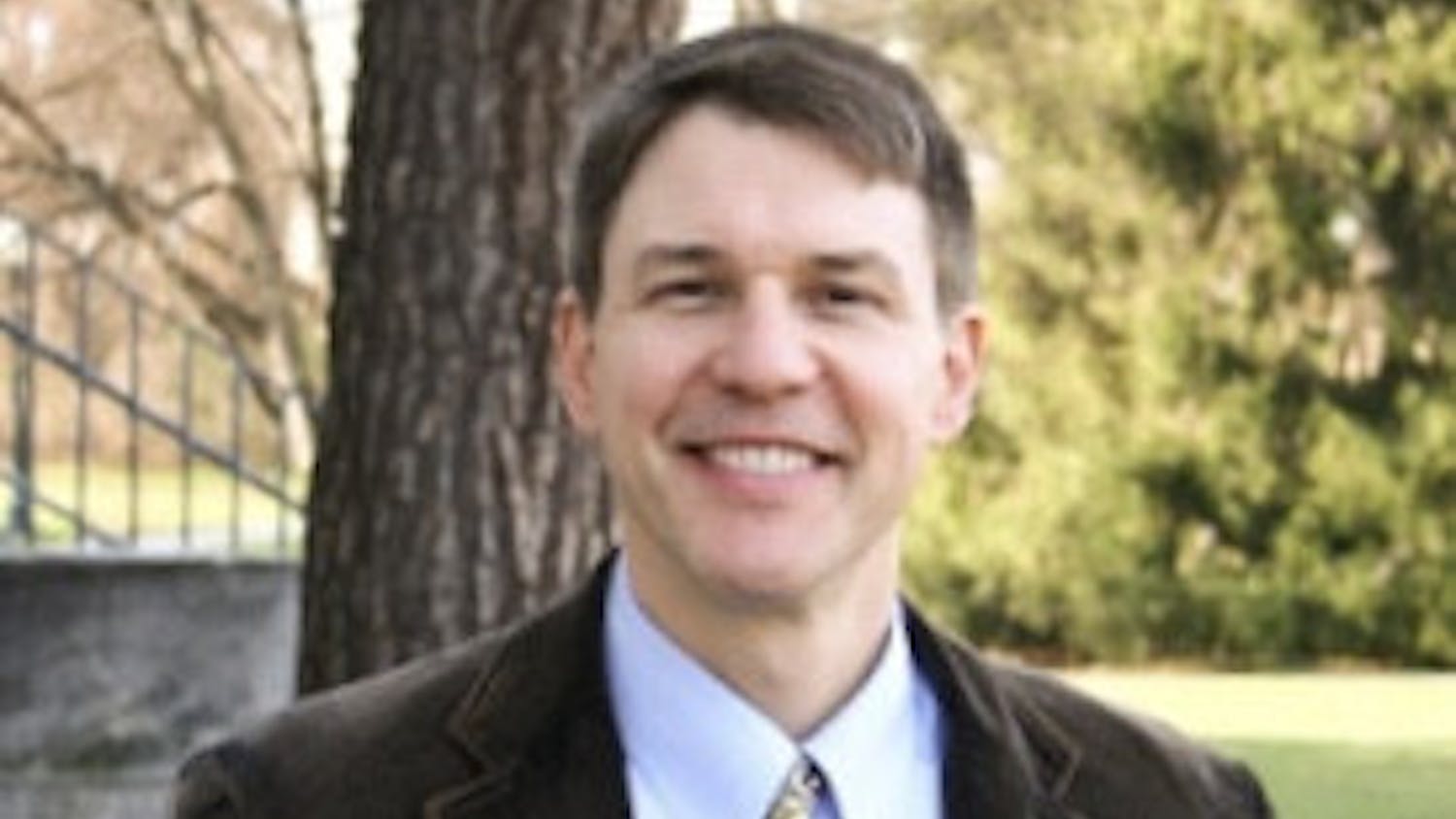The Campus Current will liveblog “Beyond Divestment - Money and Finance for Living Economy: The Impact of Investing,” a talk by John Fullerton, CEO and founder of Capital Institute and formerly the managing director at JP Morgan. He plans to discuss impact investing and the future of sustainable finance.
A thought leader in the "new economy" movement, follow Fullerton's blog, The Future of Finance!
Beyond Divestment is a day-long summit exploring economic alternatives in areas such as alternative currency, time banking, impact investing, financial system regulation and reform, and “new economy” coalition building.
At 8PM tonight, join David Brancaccio from NPR's "Marketplace," as he offers ways to "fix the future." The talk is in McCardell Bicentennial Hall 216.
6:23PM - He said he wants endowments generally to invest capital in order to generate returns, including annual returns for scholarships and salaries, but he "challenges pension funds and endowments to make real investments in real enterprises, which is hard work." It is "stewarding" a pool of capital to "find real investment opportunities." This though, he says, is a multi-year project.
6:16PM - It will be a "great" transition, he said, but also a "painful, challenging" one. Fullerton though believes youth is the answer to impact investing. He encourages and welcomes students to get involved with Capital Institute and to email him thoughts, questions, etc.
6:13PM - The Chihuahuan Desert in Mexico is one example of the project's success. Fullerton questions how we can use the desert as an example for the broader economic system. The future proves "we are going to be short on natural and social capital for everyone on the planet," he commented.
6:09PM - He is now working on a project with Allan Savory. It is called Grasslands, LLC. Watch Savory's recent Ted Talk on their work, which seeks to regenerate natural carbon sinks to avoid floods, droughts and starvation, especially in the Southern Hemisphere.
6:07pM - Further, he presents photographs of tar sands. "The photos can't do justice to what's happening there," he said. "The beauty of the XL Pipeline protest is that it is intercepting the investment before it is even made."
6:04PM - Impact investing is a way for "young people to engage in the building of a "new economy" with both social and economic purpose." Fullerton presents a case study from Dubai. People can go "indoor skiing" in the city, which is "crazy in a world where we are trying to conserve energy."
6:03PM - He suggests government spending as a starting point. Fullerton said, "How we invest money today will affect the quality and scale of the future."
6:02PM - "Not nearly enough people understand how our money works," he said. We need natural systems that mimic nature. "The one area I am really interested is impact investing," Fullerton continued. He asked how many people in the room were Economic majors (about half), laughing as he wished them "good luck."
5:55PM - The basic problem is that the planet serves the economy, which then serves finance. We must make the reverse true. Finance must serve the economy which then must serve the planet, if we have hopes for a future. Fullerton proposes regenerative capitalism as a solution.
5:53PM - He noted the necessity to sit back and think about the fundamental, systemic tension that now exists between the theory/practice of finance and the reality - this system will not last in the current environmental landscape. "We have an economic system that organizes around this concept called efficiency. Land, labor, and capital are the raw materials," he said.
5:51PM - "We have confused means and end with unjust consequences," Fullerton stated. He lived "deep in this world" of finance, but nonetheless said he was shocked at the "complexity, scale, and violence of the financial business."
5:49PM - So what is the future of finance? "I could talk for days about what's wrong with finance," he said.
5:46PM - He started his "second career" at Capital Institute thanks to curiosity, collaboration, and "ecotone" (ecologies in tension). Fullerton stressed finding our way to sustainability by becoming part of nature.
5:42PM - Students now question where and if they will find a place/job in this new economy. While working at JP Morgan, Fullerton started to feel a "growing discontent with finance." Burnt-out, he left the company. Now 20 years out of the financial world, he said "compound interest," the base of the financial market, won't last. The planet's resources are too finite.
5:38pM - Fullerton said he is "excited about the new energy" on college campuses, like Middlebury, as they begin to discuss divestment and investing.





